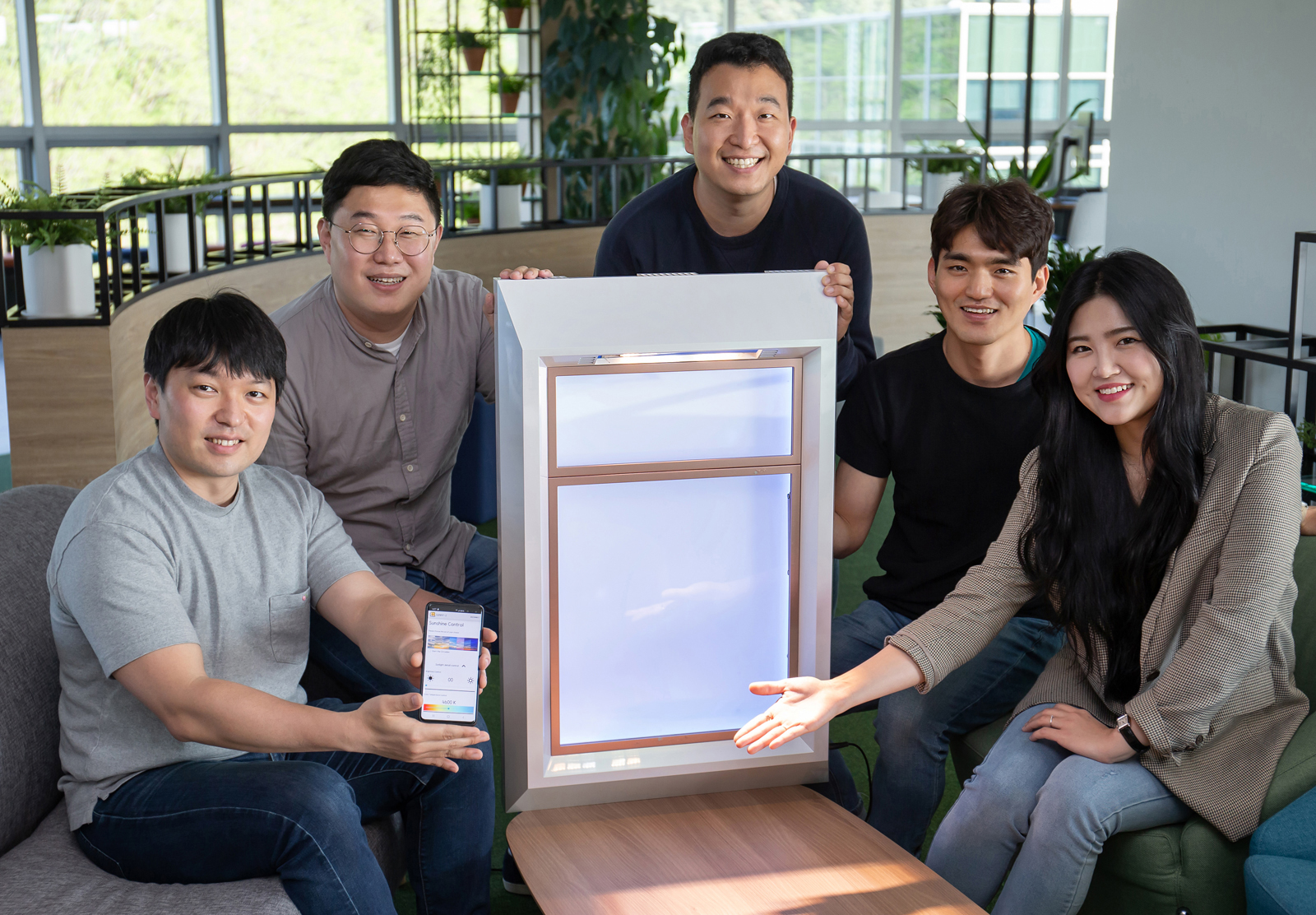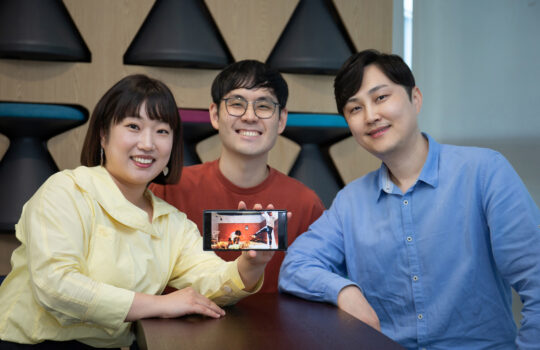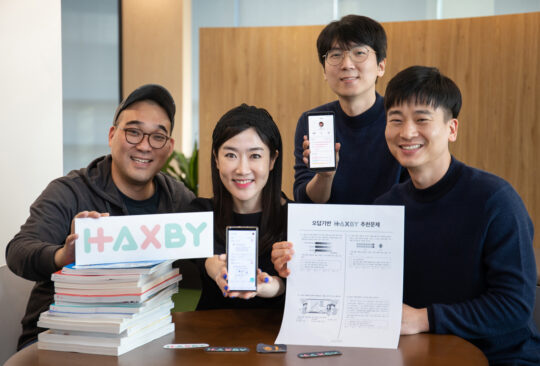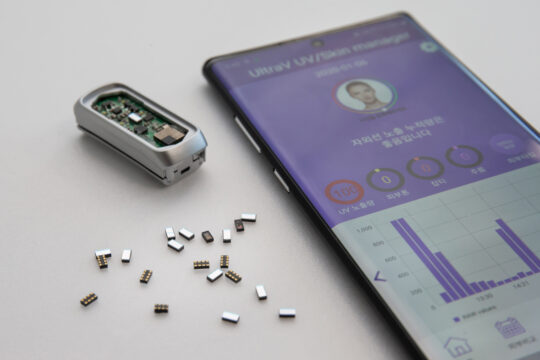Samsung introduced its in-house idea incubation program C-Lab in December 2012. Since 2015, the company also started supporting successful C-Lab projects and helped them in launching as startups under the C-Lab spin-off policy. Today, the company has announced support for five new startups as a part of its C-Lab Inside program.
The South Korean firm said that it will support Blockbuster, Haxby, Hyler, RootSensor, and SunnyFive. The C-Lab spin-off program provides startups with investment and business consulting that is needed for their growth. Samsung also provides a five-year window within which its employees who launch startups can return to their jobs if their startups are unsuccessful. This gives them added confidence to pursue their entrepreneurial projects without risking their careers.
Blockbuster is a video editing app that allows adding computer graphics and 3D effects to videos on smartphones. It uses a patented Blockbuster algorithm to generate realistic 3D effects by converting 2D scenes to 3D layers. Haxby is an education startup that records incorrect answers from workbooks and uses AI to recommend customized worksheets to improve a user’s learning performance.

Hyler is a smart highlighter that converts analog text into digital and transfers them to smartphones. Users can easily collect information, digitize text, and interact with it using the Hyler app. RootSensor is a new type of sensor that can detect UV exposure and provide information on skin condition and vitamin D production. It can be used in wearables, smart cars, and smart buildings.
SunnyFive is probably the most interesting startup among the group. It makes window-shaped lighting devices that produce artificial sunlight. It is quite useful in places where there isn’t enough access to sunlight, helping people to synthesize Vitamin D while they’re indoors or low-lit places. These devices provide a full spectrum of light produced by the sun’s natural passage through the sky during the day. Brightness and color adjustments can also be done using an app.
163 Samsung employees have created 45 startups so far since the inception of the C-Lab program. These companies have raised over $45 million over the years and their value has more than tripled ever since they were spun-off as startups. You can read all about them here.




The post Samsung announces support for five startups from its C-Lab program appeared first on SamMobile.
from SamMobile https://ift.tt/2ZbHAm2
via IFTTT





